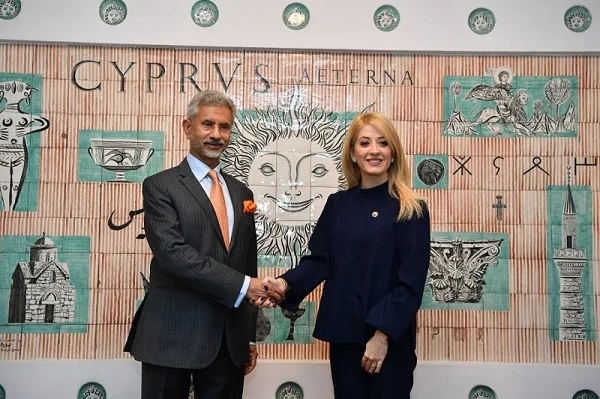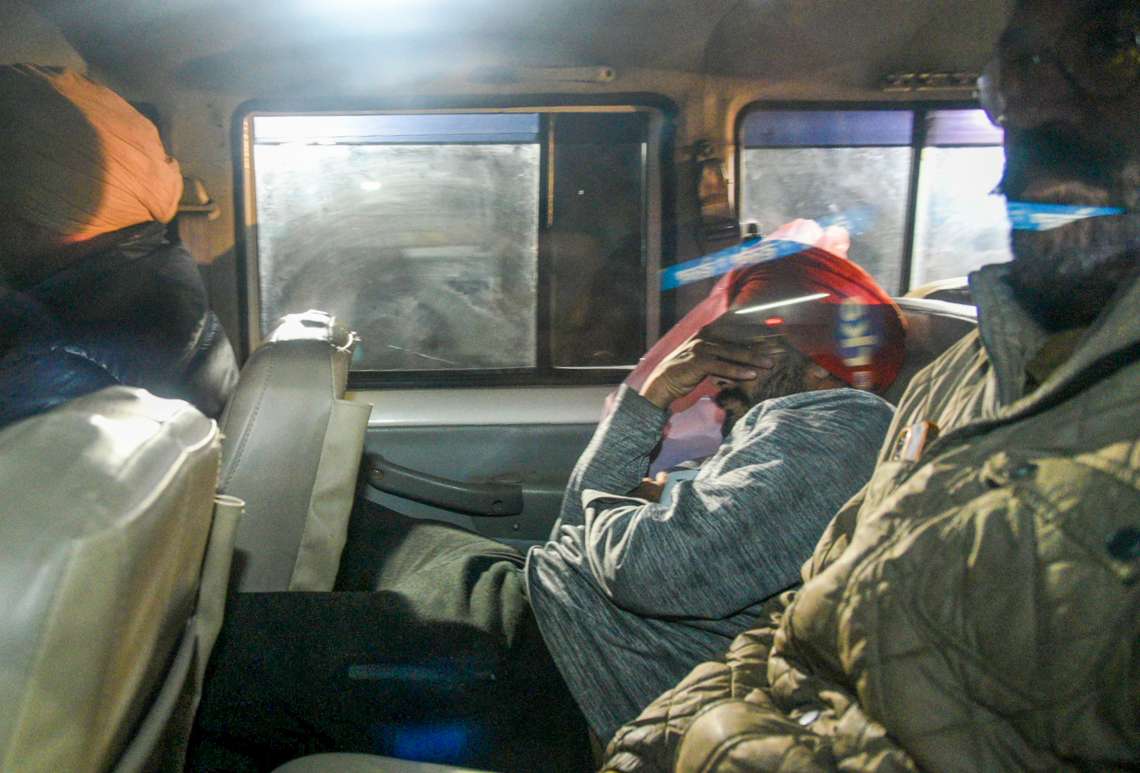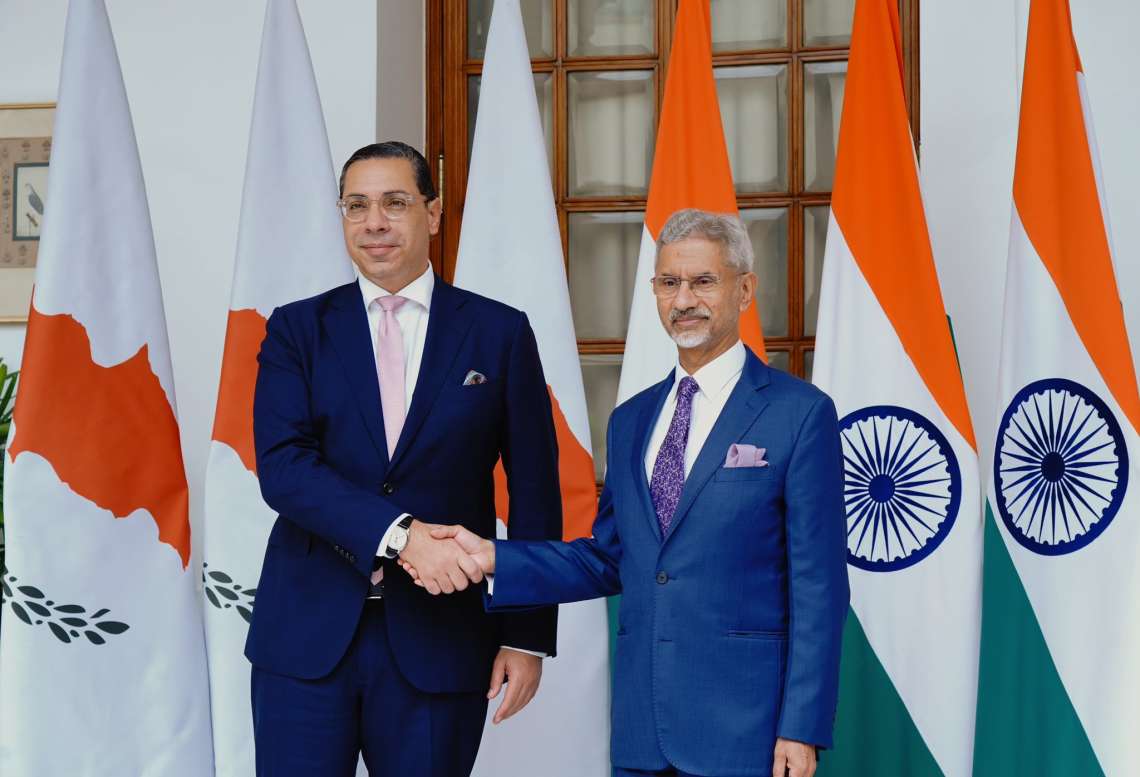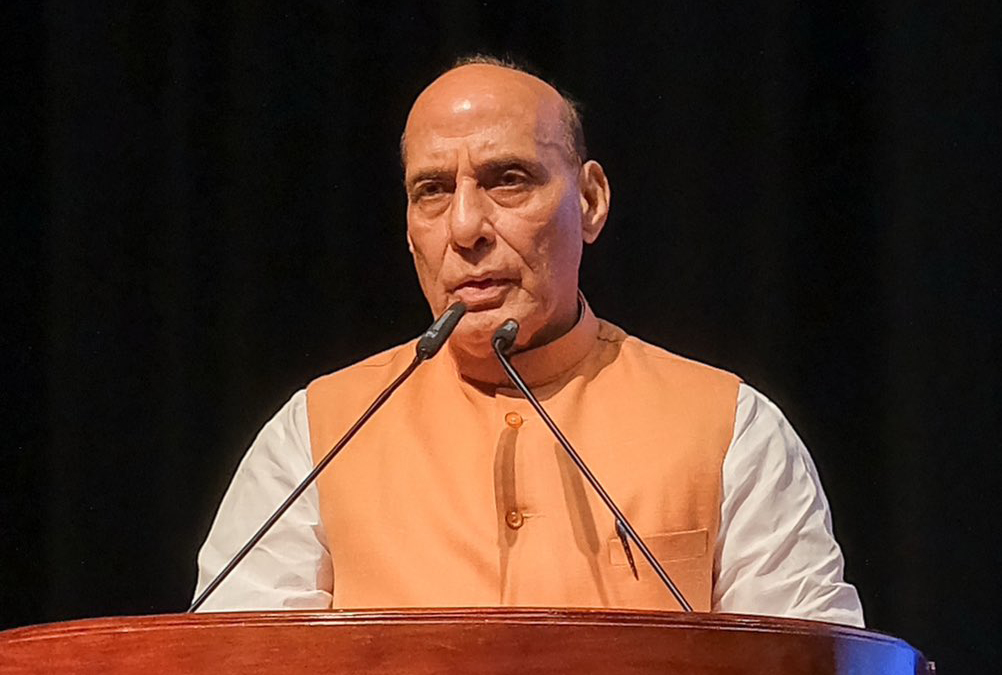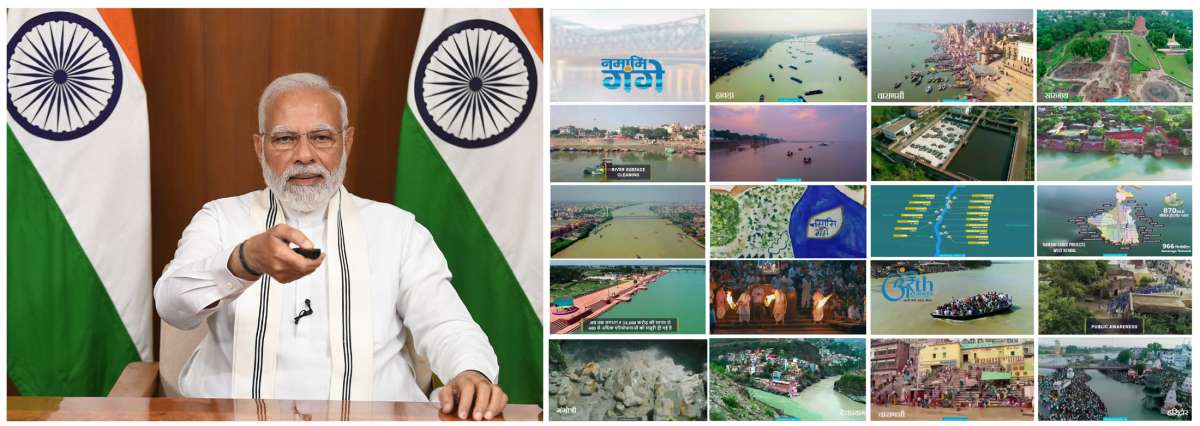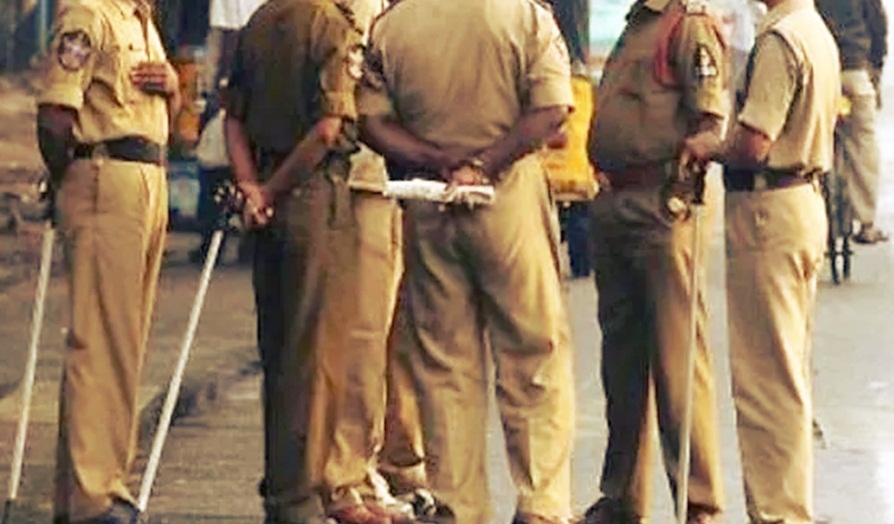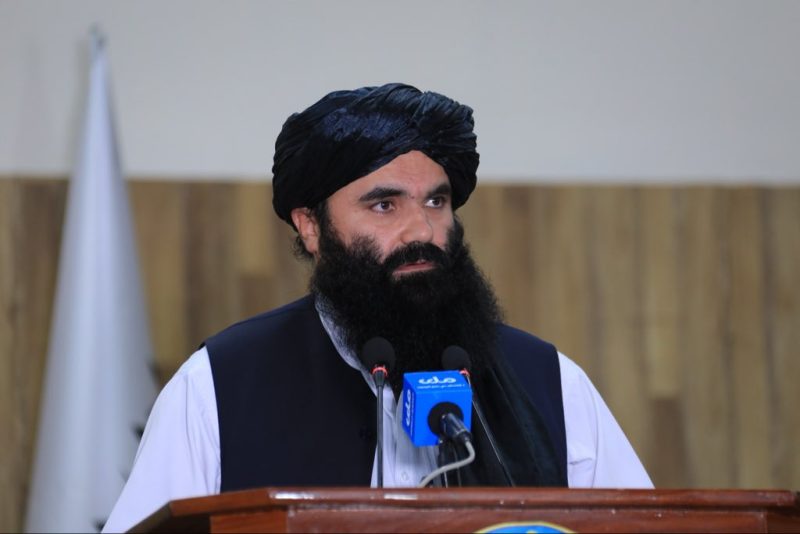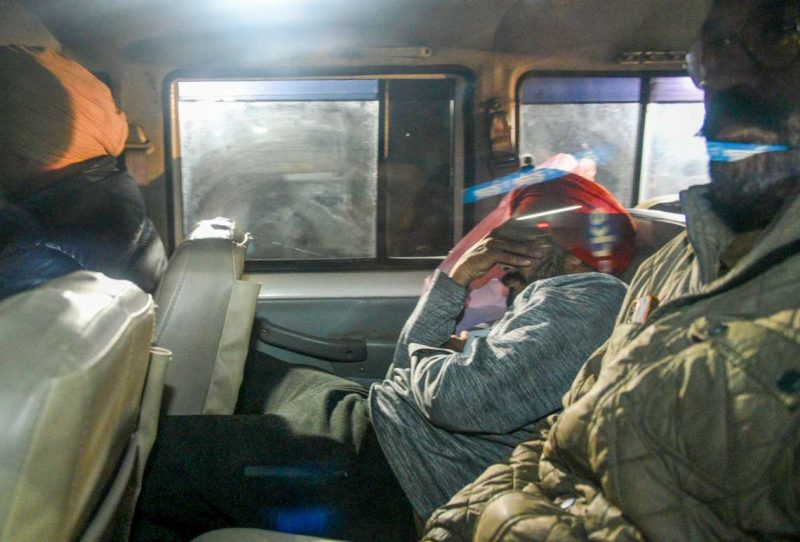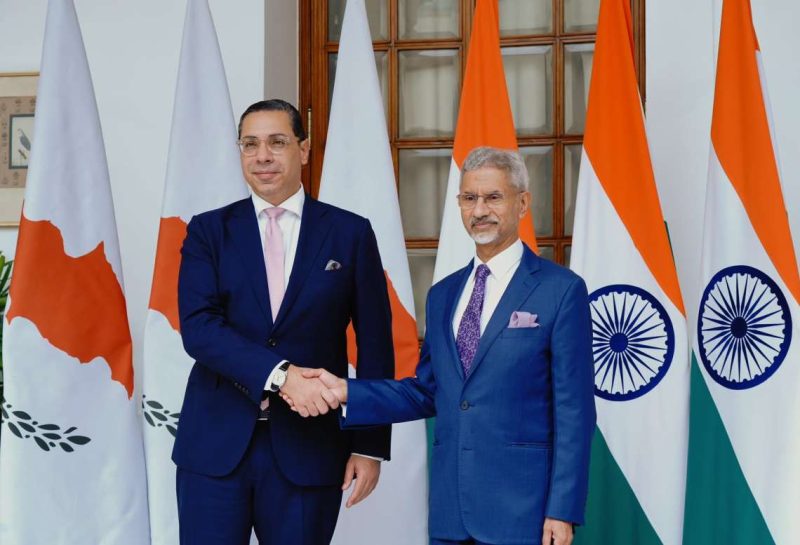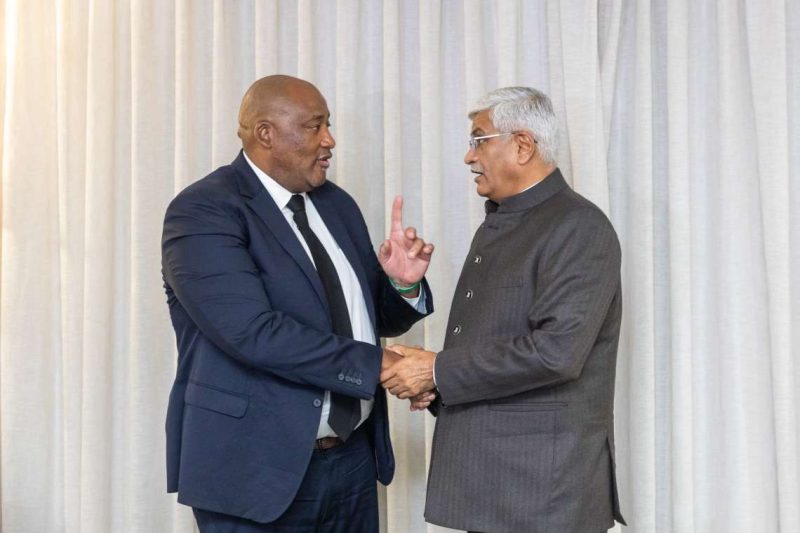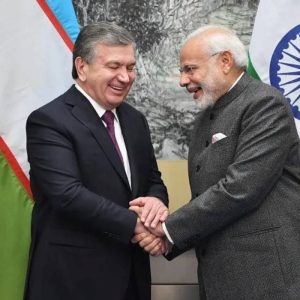The EAM also mentioned that given how comfortable India and Cyprus are with each other, both countries can also plan on working together in third countries…writes Ateet Sharma
The Mediterranean will see more of India in the future and the relationship with Cyprus will be an anchor in India’s endeavours, External Affairs Minister S Jaishankar said on Friday during his visit to the third largest island in the region.
A day after signing three significant bilateral agreements in Nicosia, including a Memorandum of Understanding (MoU) on defence and military cooperation, Jaishankar listed seven key areas in which Cyprus and India should work forward.
It included finance, shipping, tourism, knowledge economy, mobility flows, third-country projects and Mediterranean collaboration.
“The Mediterranean is a region of growing interest to us. If you look at our other relationships in the last few years with countries of both north and south Mediterranean, there has been very visible intensification of ties,” Jaishankar said while addressing a business community event in Limassol, the second largest city in Cyprus, on Friday.
“This region will see more of India in the future and when that happens, the relationship with Cyprus will be an anchor in our endeavours,” he added.
The EAM also mentioned that given how comfortable India and Cyprus are with each other, both countries can also plan on working together in third countries.
“It could possibly be in Africa or other parts of the world where we both have some historical presence, some networking or comfort levels,” he said at the event which was also attended by Cyprus Minister of Foreign Affairs Ioannis Kasoulides and the country’s Deputy Shipping Minister Vassilios Demetriades.
Just before Jaishankar began his two-day visit, Nicosia spotlighted that Turkey’s “provocative actions” against Cyprus, as well as current regional and international issues of mutual interest, will be part of bilateral discussions between the two foreign ministers.
Besides the MoU on Defence and Military Cooperation, both countries also signed two other agreements on Thursday, including the Letter of Intent on Migration and Mobility Partnership which will also help in combating irregular migration and the signing of the Framework Agreement on International Solar Alliance by Cyprus.
“We have had very productive discussions on our bilateral relations, on our multilateral cooperation, on geopolitical and regional challenges. So we exchanged views on our respective neighbourhoods, on the Indo-Pacific, on the Middle East or West Asia as we call it, on Europe, on India-EU relations,” said Jaishankar.
Calling it a global power with an important and stabilising role in the neighbourhood of South Asia, Kasoulides stated that India sets an example with its wisdom and leadership.
The Cyprus Foreign Minister exchanged information and ideas with Jaishankar on how both countries can contribute more effectively to the promotion of peace and the strengthening of stability in their wider regions.
“In this context, I briefed the Minister on the trilateral cooperation mechanisms that Cyprus has established, together with partners in the Eastern Mediterranean region, designed to foster synergies and understanding to the benefit of all,” he said.
Kasoulides also expressed his appreciation for India’s “substantive contribution” throughout the years through its participation in United Nations Peacekeeping Force in Cyprus (UNFICYP), with military and police personnel.
“Cyprus was very fortunate to have 3 Indian Commanders of the UN Peacekeeping Mission in Cyprus: General Gyani, General Thimayya, who served in Cyprus until his passing in 1965 and General Dewan Prem Chand whose tireless efforts during the Turkish invasion to protect civilians, evacuate foreign diplomatic staff and safeguard the airport in Nicosia, will never be forgotten,” he said while thanking India for the service and sacrifice of its peacekeepers.
(The content is being carried under an arrangement with indianarrative.com)


